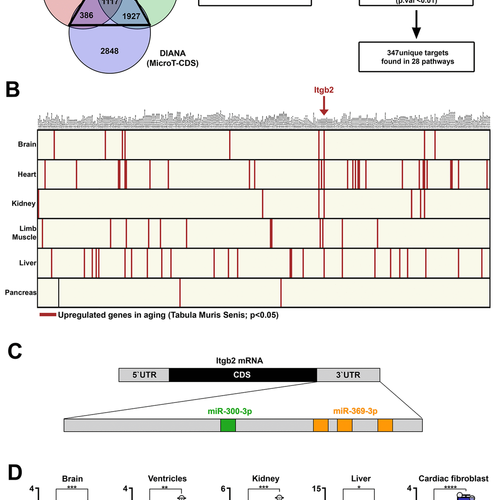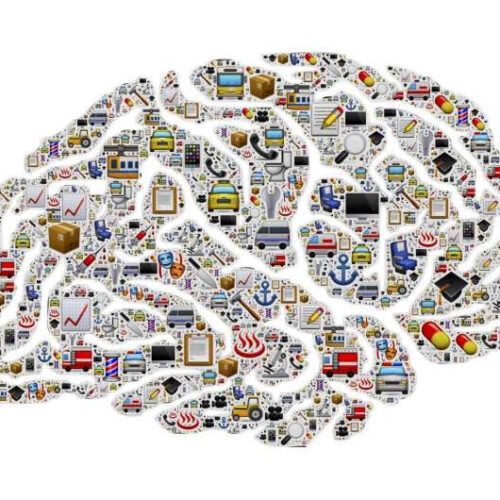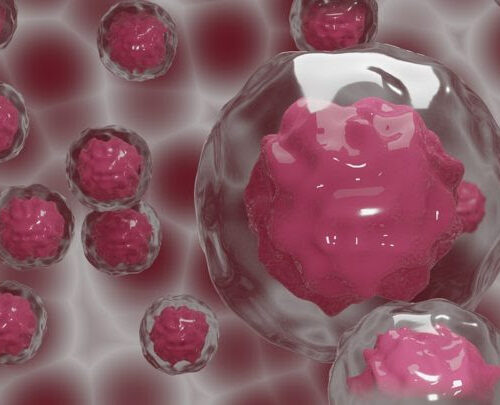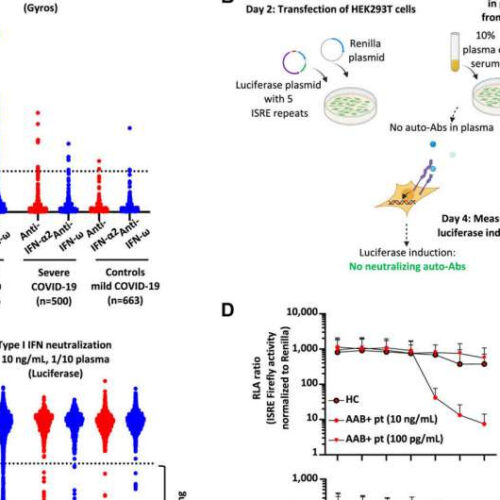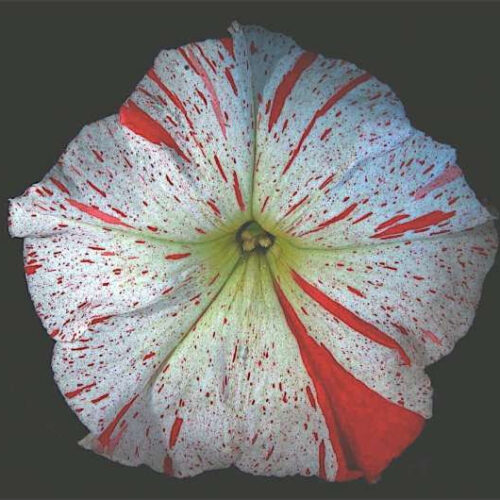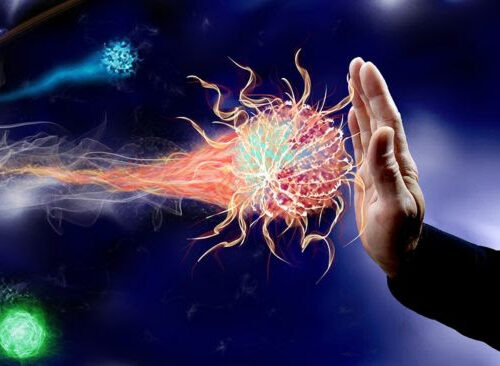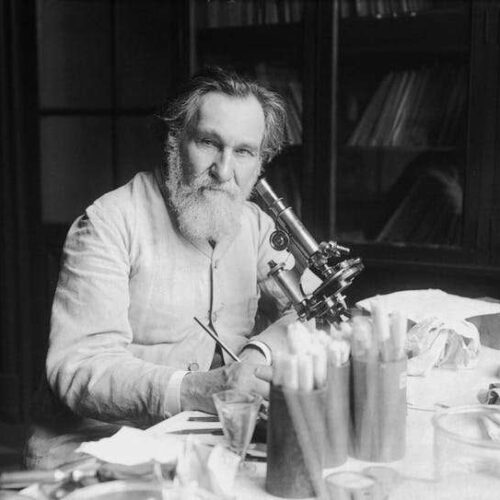A team of scientists from the Technion-Israel Institute of Technology says it’s found a way that to reverse the natural aging of immune system cells — and potentially make the elderly far more resistant to COVID-19 and other infections. The researchers identified the molecular pathway that the human body uses to create B cells, The...
Category: <span>Anti-aging</span>
Immune cell betrayal explains why it gets colder as we age
YALE UNIVERSITY Human evolution has provided us a level of protection from the existential threat of cold temperature with the capacity to produce heat from fat stored in the body. However, with age, people become more susceptible to cold as well as inflammation and metabolic problems which can lead to a host of chronic diseases. Researchers at...
Aging-US: miRNAs generated from Meg3-Mirg locus are downregulated during aging
IMPACT JOURNALS LLC IMAGE: GENES UPREGULATED IN AGING WHICH ARE TARGETED BY MIRNAS FROM MEG3-MIRG LOCUS. (A) VENN DIAGRAM ILLUSTRATING THE PREDICTED TARGETS OF THE 27 DOWNREGULATED MIRNAS. THREE DATABASES WERE INTERROGATED AND THE OVERLAPPING TARGETS WERE FURTHER USED FOR PATHWAY ENRICHMENT ANALYSIS, WHICH IDENTIFIED 347 UNIQUE GENES. (B) GRAPHICAL ILLUSTRATION OF THE INTERSECTION BETWEEN THE...
The risk of developing a disease linked to genetics tends to decrease with age
PLOS IMAGE: THE BEAUTY OF OLD AGE CREDIT: VINOTH CHANDAR, FLICKR People often get sicker as they grow older, but new research from Gil McVean of the University of Oxford and colleagues finds that the impact of a person’s genes on their risk of getting sick actually wanes with age. The researchers published their new...
Mindfulness may improve cognition in older adults
by University College London Credit: Pixabay/CC0 Public Domain Mindfulness may provide modest benefits to cognition, particularly among older adults, finds a new review of evidence led by UCL researchers. The systematic review and meta-analysis, published in Neuropsychology Review, found that, while mindfulness is typically geared towards improving mental health and well-being, it may also provide additional benefits...
Extracellular Vesicles from Young Mice Improve Health and Reduce Frailty in Old Mice
Much of cell signaling is carried via extracellular vesicles, membrane-wrapped packages of molecules. Researchers are finding that delivery of extracellular vesicles harvested from stem cells may be a good replacement for first-generation stem cell therapies, in which the transplanted cells produce benefits via signaling before dying. Extracellular vesicles are an easier, cheaper approach from a...
Understanding the variability in responses to COVID-19 illness in older adults
by Ciara O’shea, Trinity College Dublin Fig. 1. Neutralizing auto-Abs against IFN-α2 and/or IFN-ω in patients with life-threatening COVID-19. (A) Gyros (high-throughput automated ELISA) results for auto-Abs against IFN-α2 and/or IFN-ω in patients with critical COVID-19 (N=2,240), severe COVID-19 (N=500), or asymptomatic/mild SARS-CoV-2 infection (N=663). (B) Schematic representation of the neutralization assay developed in HEK293T cells,...
Beware the ‘molecular parasites’ involved in aging and disease
by Brown University The splotches and specks of this variety of flower, petunia hybrida W138, are due to the activity of transposons. Credit: The Petunia Platform, ENS de Lyon If you’ve ever seen a petunia with artfully variegated petals, then you’ve seen transposons at work. The flower’s showy color patterns are due to transposable elements, or...
Disruption of Naive T Cell Quiescence in Immune Aging
This open-access paper discusses a secondary issue in the aging of the adaptive immune system. Of primary concern is that the supply of new T cells diminishes over time, due to the atrophy of the thymus where such cells mature, as well as due to issues in the hematopoietic system of the bone marrow where...
Gut bacteria rewind aging brain in mice
by John Cryan, The Conversation Elie Metchnikoff was ahead of his time in recognizing the role of the gut microbiome on health and longevity. Credit: Gallica Digital Library/Wikimedia Commons In 1895, on turning 50, Elie Metchnikoff became increasingly anxious about aging. As a result, the Russian Nobel prize-winning scientist, and one of the founders of immunology, turned his...

